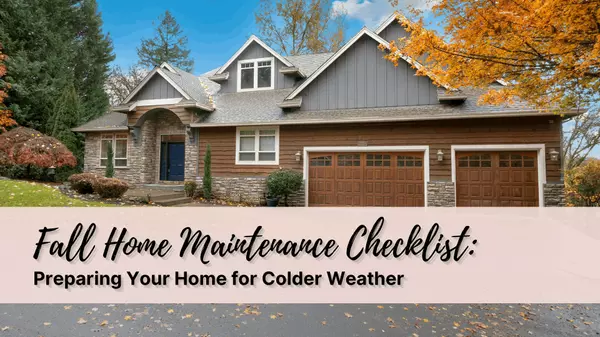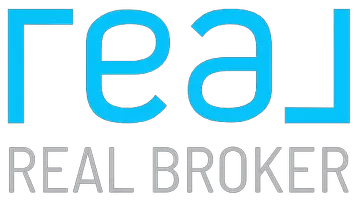How to Make a Competitive Offer on a House Without Overpaying

The current real estate market presents unique challenges and opportunities. Crafting a compelling offer requires a strategic approach that balances your seriousness as a buyer while ensuring you're not overpaying for the property.
1. Laying the Foundation
Get Pre-Approved for a Mortgage: Before you even start house hunting, get pre-approved for a mortgage from a reputable lender. This demonstrates to sellers that you are a qualified buyer with the financial means to close the deal. A pre-approval letter provides you with an estimated loan amount and gives you a significant advantage over other buyers.
2. Conduct Thorough Research
Market Analysis: Research recent sales of comparable properties (comps) in the neighborhood. Look for homes with similar size, age, number of bedrooms and bathrooms, lot size, and property type (single-family home, condo, townhouse). Websites like Zillow, Redfin, and Realtor.com can be valuable resources for this research.
Property Inspection: Schedule a thorough home inspection to identify any potential issues that may require repairs or renovations. This will help you determine the true value of the property and negotiate accordingly.
3. Crafting a Competitive Offer
Offer Above Asking Price (When Necessary): In a competitive market, you may need to offer above the asking price to stand out. However, it's crucial to determine a realistic offer price based on your budget and the property's true value.
To do this, you can analyze comparable sales (comps) in the area. Your real estate agent can create a Comparative Market Analysis (CMA) to help you compare the price of your dream home to similar recently sold properties. This analysis considers factors like location, size, construction, condition, and style. If you're not working with an agent, you can research recent sales on websites like Zillow.
Remember, in a competitive market, homes are often selling for the asking price or even higher. If you sense there's strong competition, it may be wise to offer at or slightly above the asking price from the start.
Consider an Escalation Clause: This clause allows your offer to automatically increase by a set amount, up to a certain limit, if another offer is received. This can be a powerful tool in competitive situations, ensuring your offer remains competitive.
Minimize Contingencies (When Possible): While contingencies such as financing and inspections are common, try to minimize them when possible. For example, if you're confident in your financing, you could consider waiving the financing contingency.
Offer a Strong Earnest Money Deposit: A larger earnest money deposit (typically 1-3% of the purchase price) demonstrates your seriousness and commitment to the purchase.
4. Work with a Trusted Real Estate Agent
A skilled real estate agent can be an invaluable asset throughout the home-buying process. They can:
- Provide expert guidance on pricing and negotiating strategies. This includes analyzing market trends, identifying comparable properties (comps), and helping you determine a competitive yet realistic offer price.
- Help you find and analyze comps. Your agent can access multiple listing services (MLS) and other resources to identify properties similar to the one you're interested in, and help you compare features, amenities, and recent sales prices.
- Draft a strong and competitive offer. They can help you craft an offer that is both attractive to sellers and protects your interests. This may include suggesting the use of escalation clauses or other strategies to make your offer stand out.
- Identify Seller Motivations: Your agent can help you understand the seller's motivations. For example, they can help you determine if the seller is highly motivated to sell quickly, if they are more concerned with maximizing their profit, or if they have specific preferences for the type of buyer. This information can be invaluable in crafting an offer that resonates with the seller and increases your chances of success.
- Negotiate effectively with sellers on your behalf. Your agent will act as your advocate, skillfully negotiating with sellers to achieve the best possible outcome for you.
- Guide you through the complexities of the closing process. From handling paperwork and coordinating inspections to ensuring a smooth closing, your agent will be there to guide you every step of the way.

Photo credit: Studio McGee
By following these tips and working closely with a qualified real estate agent, you can increase your chances of securing your dream home while ensuring you're making a wise investment.
Ready to start your home-buying journey? Contact Rachel Romano today for a free consultation and let's find the perfect home for you.Categories
Recent Posts










GET MORE INFORMATION

REALTOR® | License ID: 1111154

